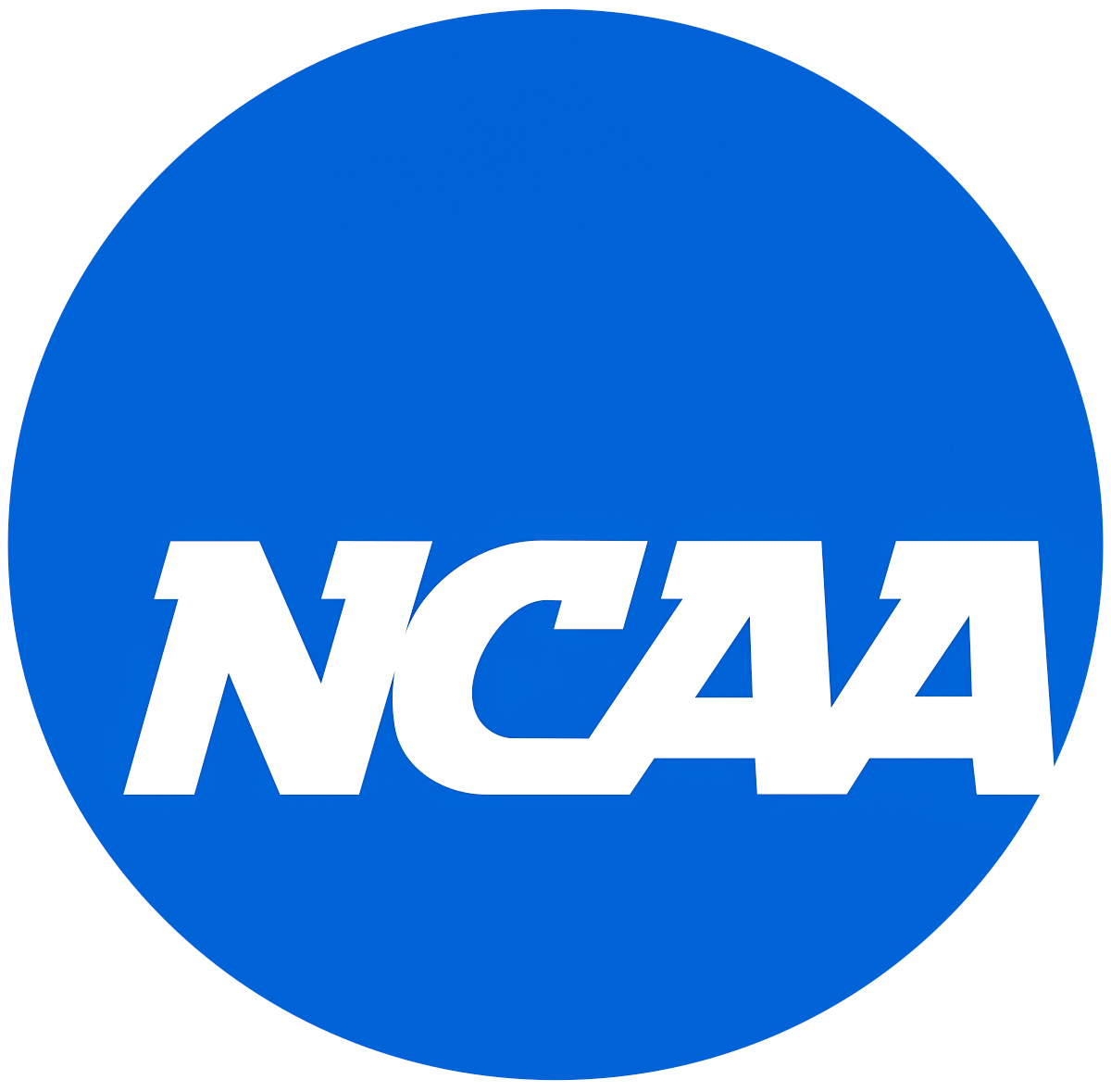On Sept. 30, California Senate Bill 206, the Fair Pay to Play Act, was passed. This bill allows college athletes, starting Jan. 1, 2023, to accept payment, hire agents and sign endorsement deals. The NCAA wrote to California Gov. Gavin Newsom the Wednesday before the bill was signed, pleading to not have it passed. The letter states that if this bill becomes law, it “would result in (schools) being unable to compete in NCAA competitions” and would be “unconstitutional.” USA Today published a report that contained an interview with Ohio State coach and member of the NCAA board Michael Drake, in which he says the NCAA would take legal action against this bill if necessary. This bill has the potential to challenge the structure of the NCAA.
The NCAA posted a video on Twitter in March of last year explaining the logistics and potential consequences of paying college athletes. To stay competitive, not only does a university have to figure out how to pay football players, but athletes across the board. Texas A&M University has a total of 792 student-athletes and competes in 22 sports. If this law passed nationally, A&M would be competing with other universities to pay athletes. With that comes the argument of only paying football and basketball players. But if a university was just to pay players of two sports, would the others have to be cut to fund these programs?
We must go back to the basics if we want to uncover why paying college athletes is genuinely not the best idea.
Data published by the NCAA shows that “fewer than 2 percent of NCAA student-athletes go on to be professional athletes.” The realistic career path for 98 percent of NCAA student-athletes is not to become a professional athlete. If these athletes go on to coach or manage a team within their sport, a college degree is extremely important if not mandatory. Changing the entirety of the NCAA regulations to benefit the two percent of student-athletes that would really benefit from getting paid is not realistic.
When talking about the bill on ESPN’s “First Take,” Heisman winner and two-time national champion Tim Tebow passionately explained his opposition to the law, saying “it changes what is special about college football.”
“We’re changing it from ‘us’ — which [is what] makes college football and college sports special — to it’s just about ‘me,’” Tebow said. “I know we live in a selfish culture where it’s all about us, but we’re just adding and piling it on to where it changes what’s special about college football.”
Texas A&M is a prime example of what can be unique about college football. Attending a school with fans as passionate as ours is inspiring. Hearing my dad yell with glee when Johnny Manziel led us to victory over Alabama in 2012 is the “we” about whom Tebow must have been talking. Those are my peers, and each player chose to be here.
I acknowledge the extreme work ethic that it takes to be a student-athlete, as well as the fact that universities benefit from student-athletes that do not see a dime of their earnings. After our very own Johnny Football won the Heisman trophy, A&M made $37 million in media exposure.
However, we have to keep in mind the nature of college athletics. Universities are four-year educational institutions, and the focus should be kept on academics. In paying college athletes, a piece of college sports’ vibrance would be lost.
Between the risk of college sports losing the vibrancy of what it is, and the NCAA structure being flipped upside down. There is too much to lose when paying college athletes.California is the only state so far that has passed this bill or any bill like this one. I hope that no other state follows. There is too much to lose if college football becomes a minor league NFL.
The Downsides of Paying College Athletes
October 20, 2019
Photo by Creative Commons
The California Senate Bill 206, Fair Pay to Play Act, was passed Sept. 30. The NCAA wrote that schools would not be able to compete in NCAA competitions if the bill becomes a law.
Donate to The Battalion
Your donation will support the student journalists of Texas A&M University - College Station. Your contribution will allow us to purchase equipment and cover our annual website hosting costs.





















